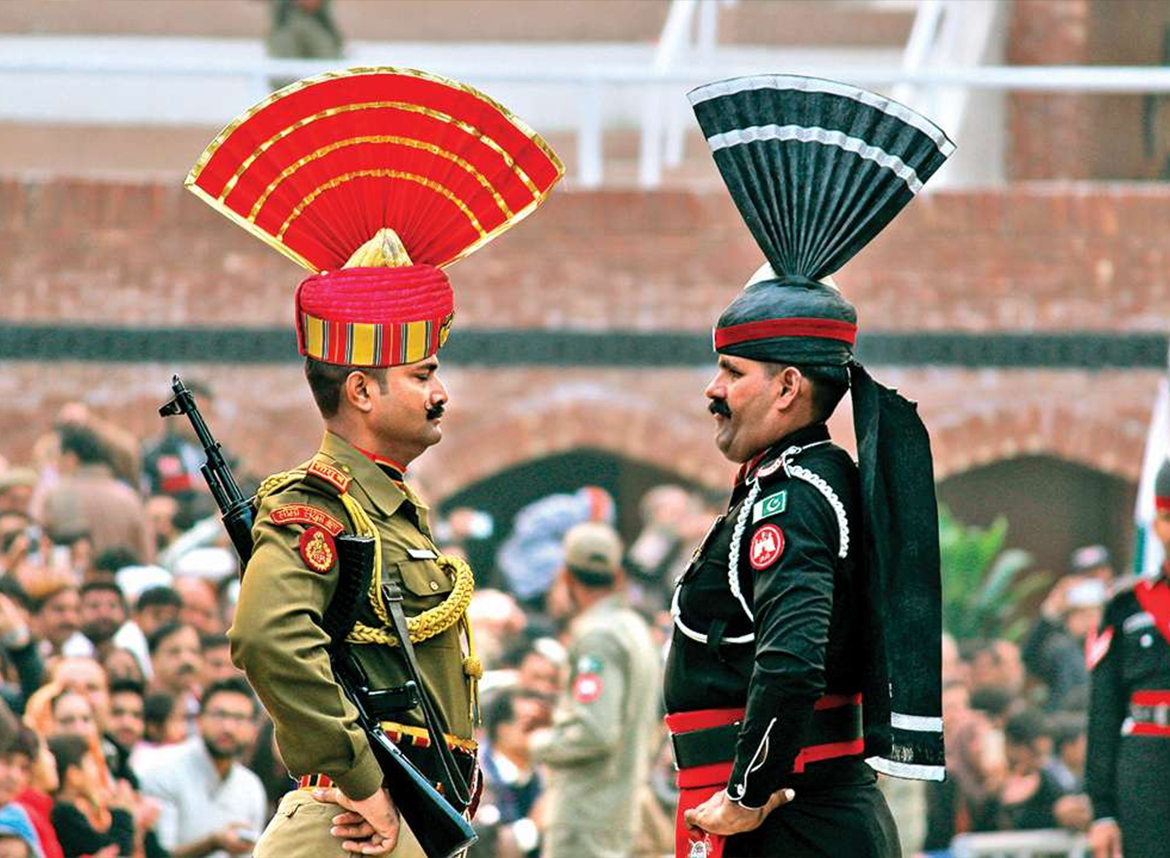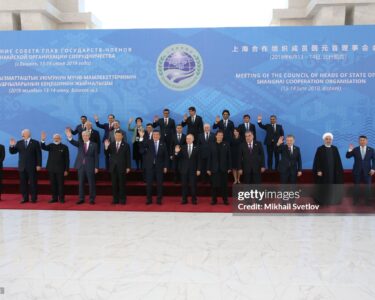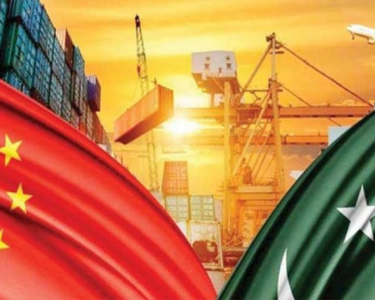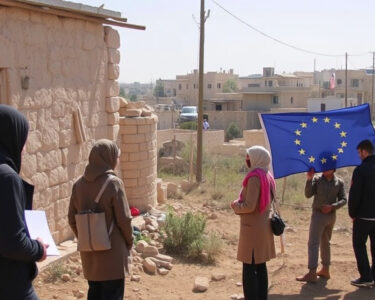One of the most volatile flashpoints in global geopolitics is the long-standing rivalry between India and Pakistan, which is anchored in their shared history and territorial disputes, particularly over Jammu and Kashmir. Pakistan has endured the consequences of an asymmetric relationship, including international biases, disproportionate blame, and a lack of recognition for its efforts to promote peace in the region, despite the fact that Pakistan has legitimate concerns and aspirations.
Kashmir, remains unresolved despite numerous UN resolutions affirming the right of Kashmiris to self-determination. Pakistan has consistently called for a plebiscite in line with international law, a position that upholds the principles of justice and human rights. Yet, India’s unilateral actions in August 2019 to abrogate Article 370 of its constitution, stripping Jammu and Kashmir of its special status, demonstrated a blatant disregard for international norms and the will of the Kashmiri people.
The international community’s muted response to this constitutional coup is indicative of a double standard. Pakistan’s leadership, from Prime Minister Imran Khan to current leaders, has repeatedly called for dialogue and peaceful resolution, emphasizing the need to prioritize the aspirations of the Kashmiri people. However, these overtures have often been met with either outright rejection or diversionary tactics from India, which continues to frame Pakistan as a sponsor of terrorism, conveniently ignoring the indigenous nature of resistance in Kashmir. The label of terrorism, weaponized against Pakistan, has further perpetuated a global narrative that dismisses its legitimate grievances and strategic concerns.
India’s military posture further exacerbates tensions. Its increasing defense budget, acquisition of advanced weaponry, and aggressive military doctrines such as Cold Start are indicative of a belligerent approach rather than one aimed at peace. Pakistan, with fewer resources, has been compelled to respond to these provocations to ensure its territorial integrity and sovereignty. The introduction of nuclear weapons into the equation has made the stakes even higher, and while both nations are nuclear-armed, Pakistan’s doctrine has remained primarily defensive. India, on the other hand, has repeatedly flirted with the dangerous notion of pre-emptive strikes, as exemplified by the 2016 “surgical strikes” and the 2019 Balakot airstrike, both of which were marred by exaggeration and propaganda.
Pakistan’s countermeasures, including its focus on maintaining credible deterrence, are often criticized without an understanding of the asymmetrical nature of the threat it faces. Islamabad’s restrained responses to Indian provocations, such as the release of captured Indian pilot Abhinandan Varthaman following the Balakot incident, underscore its commitment to de-escalation and peace. Yet, these gestures are rarely acknowledged, let alone reciprocated, by India or its allies.
Economic and diplomatic factors also play a crucial role in the India-Pakistan dynamic. India’s growing economic clout and its appeal as a strategic counterweight to China have led many global powers, including the United States, to overlook its human rights abuses and aggressive policies. In contrast, Pakistan’s economic challenges, compounded by years of war on terror and natural disasters, have made it easier for critics to dismiss its concerns. This imbalance in perception and treatment fuels resentment and undermines the possibility of a balanced and fair resolution to their disputes.
The plight of Kashmiris remains central to this conflict. For decades, they have endured a cycle of violence, repression, and broken promises. India’s policies in Kashmir, characterized by militarization, curfews, communication blackouts, and mass detentions, have created an atmosphere of fear and desperation. Reports from credible human rights organizations, including Amnesty International and Human Rights Watch, paint a grim picture of systemic abuses, including extrajudicial killings, torture, and sexual violence. Despite this, India continues to portray itself as a victim of terrorism while labeling any dissent in Kashmir as externally driven.
Pakistan’s consistent advocacy for Kashmiri rights and its role as their voice on international platforms is often dismissed as interference. However, this characterization ignores the legitimate and moral obligation Pakistan feels toward its historical and religious ties with Kashmiris. Islamabad has repeatedly sought international mediation and offered proposals for confidence-building measures, including opening trade routes and allowing greater people-to-people contact. Yet, these initiatives are met with skepticism and resistance, as India continues to insist on a bilateral framework that has historically failed to produce meaningful results.
The role of media and misinformation cannot be ignored in this context. India’s ability to dominate the global narrative, often through its vast media networks and influential diaspora, has contributed to a skewed portrayal of Pakistan as the perpetual aggressor. Meanwhile, the sacrifices Pakistan has made in the fight against terrorism, losing tens of thousands of lives and suffering billions in economic losses, are conveniently overlooked. The country’s military operations, such as Zarb-e-Azb and Radd-ul-Fasaad, have significantly weakened terrorist networks within its borders, yet its achievements are rarely acknowledged.
To achieve lasting peace in South Asia, there must be a paradigm shift in how the world perceives and engages with the India-Pakistan conflict. The international community must hold India accountable for its actions in Kashmir and its aggressive posturing toward Pakistan. Simultaneously, Pakistan’s legitimate concerns and its efforts toward peace must be given the recognition they deserve. A just resolution to the Kashmir issue, one that respects the wishes of its people, is paramount to breaking the cycle of hostility and mistrust.
Far from being the instigator of conflict, Pakistan has consistently advocated for dialogue, justice, and the upholding of international principles. It has shown restraint in the face of provocations and has made sacrifices in the pursuit of regional and global stability. For peace to prevail in South Asia, the world must move beyond simplistic narratives and engage with the complexities of this relationship in a fair and balanced manner. Only then can the region hope to escape the shadow of war and build a future rooted in mutual respect and cooperation.




